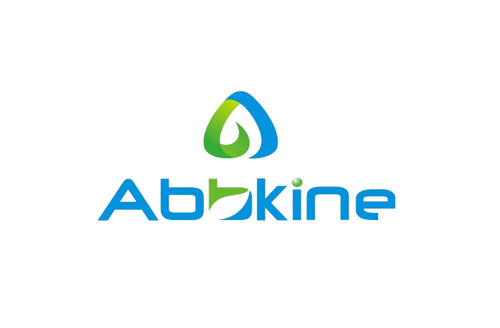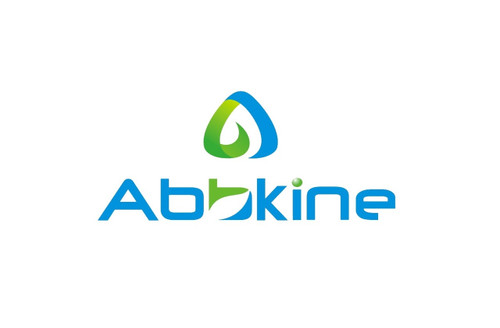Product Description
Rat RAC-beta serine/threonine-protein kinase (AKT2) ELISA Kit | AE19375RA | Abebio
Species Reactivity: Rat (Rattus norvegicus)
Abbreviation: AKT2
Alternative Name: PKBB; PKBBETA; PRKBB; RAC-BETA; AKT2 kinase|Murine thymoma viral (v-akt) homolog-2|rac protein kinase beta
Application: ELISA
Range: 0.312-20 ng/mL
Sensitivity: 0.115 ng/mL
Intra-Assay: ≤4.3%
Inter-Assay: ≤9.2%
Recovery: 0, 89
Sample Type: Serum, Plasma, Other biological fluids
Detection Method: Sandwich
Analysis Method : Quantitive
Test Principale: This assay employs a two-site sandwich ELISA to quantitate AKT2 in samples. An antibody specific for AKT2 has been pre-coated onto a microplate. Standards and samples are pipetted into the wells and anyAKT2 present is bound by the immobilized antibody. After removing any unbound substances, a biotin-conjugated antibody specific for AKT2 is added to the wells. After washing, Streptavidin conjugated Horseradish Peroxidase (HRP) is added to the wells. Following a wash to remove any unbound avidin-enzyme reagent, a substrate solution is added to the wells and color develops in proportion to the amount of AKT2 bound in the initial step. The color development is stopped and the intensity of the color is measured.
Product Overview: AKT2 is a putative oncogene encoding a protein belonging to a subfamily of serine/threonine kinases containing SH2-like (Src homology 2-like) domains. The gene was shown to be amplified and overexpressed in 2 of 8 ovarian carcinoma cell lines and 2 of 15 primary ovarian tumors. Overexpression contributes to the malignant phenotype of a subset of human ductal pancreatic cancers. The encoded protein is a general protein kinase capable of phosphorylating several known proteins. Mice lacking Akt2 have a normal body mass, but display a profound diabetic phenotype, indicating that Akt2 plays a key role in signal transduction downstream of the insulin receptor. Mice lacking Akt2 show worse outcome in breast cancer initaited by the large T antigen as well as the neu oncogene.
Stability: The stability of ELISA kit is determined by the loss rate of activity. The loss rate of this kit is less than 5% within the expiration date under appropriate storage condition. The loss rate was determined by accelerated thermal degradation test. Keep the kit at 37°C for 4 and 7 days, and compare O.D.values of the kit kept at 37°C with that of at recommended temperature. (referring from China Biological Products Standard, which was calculated by the Arrhenius equation. For ELISA kit, 4 days storage at 37°C can be considered as 6 months at 2 - 8°C, which means 7 days at 37°C equaling 12 months at 2 - 8°C) .
 Euro
Euro
 USD
USD
 British Pound
British Pound
 NULL
NULL








